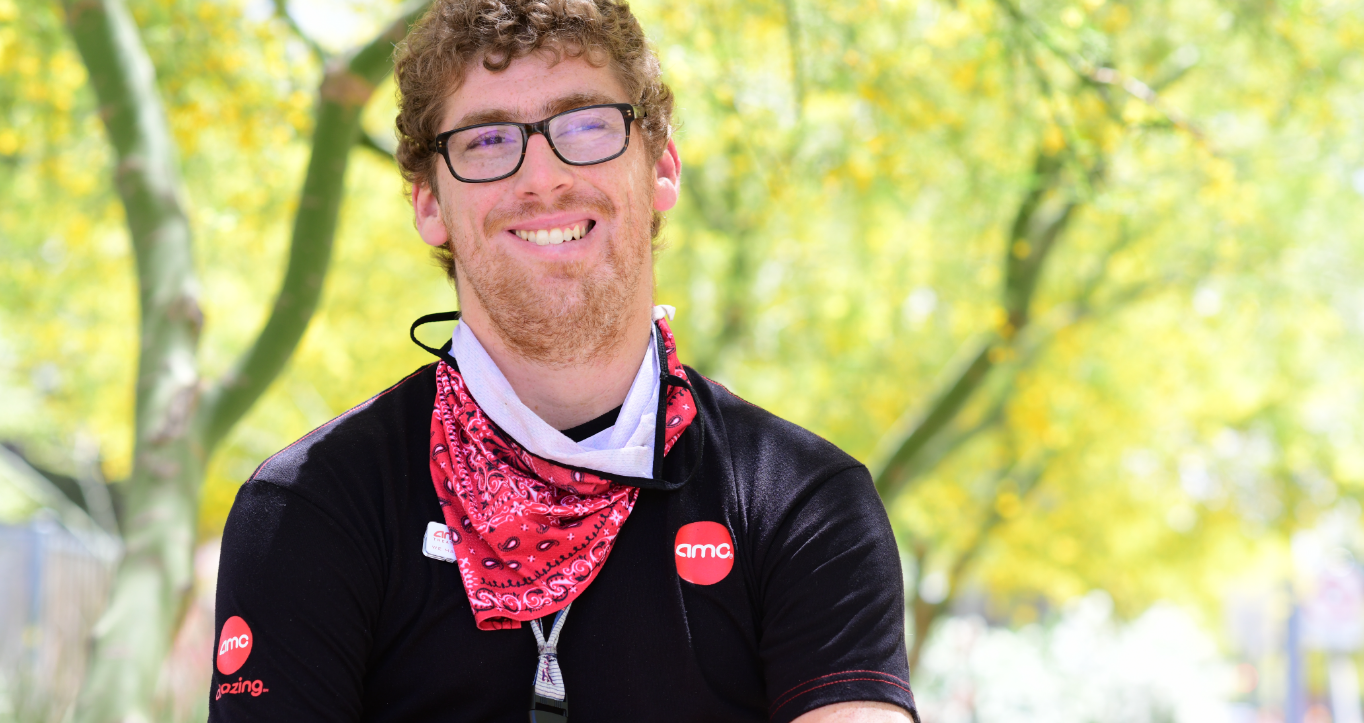Journalism
in action
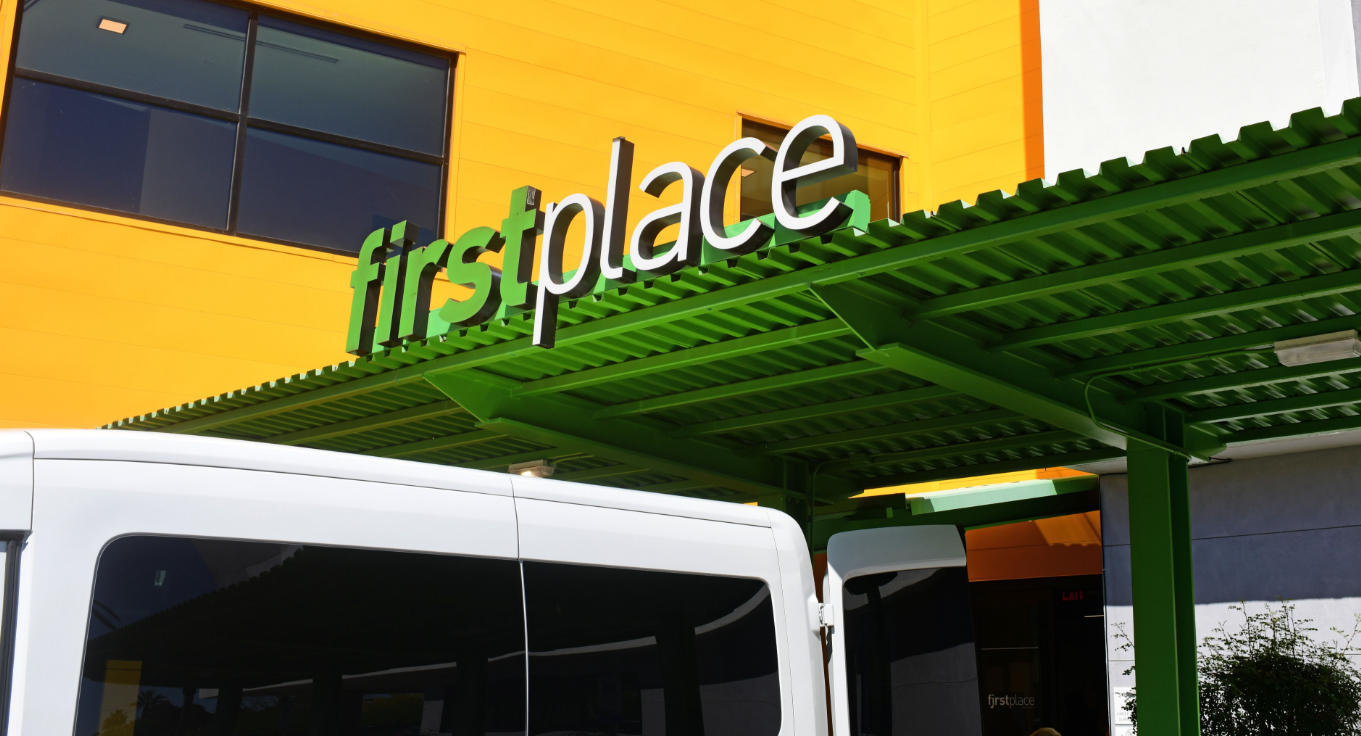
Neurodiverse Phoenix residents face barriers to transportation
A lack of affordable and accessible transportation options creates challenges for neurodiverse adults living independently.
Kevin Hurley
Traveling in a car-centric city like Phoenix can be difficult if you can’t drive yourself. With a lack of better options, First Place’s neurodiverse residents use rideshare options in an unsustainable way when commuting to and from work.
Denise D. Resnik, First Place founder, president/CEO and board member, ensured that First Place could fulfill its residents’ needs by being in a secure neighborhood and being near jobs, schools, grocery stores and Valley Metro Light Rail stations.
“First Place is a supportive and sustainable community where neurodiverse adults can feel at home,” said Toyosi Adesoye, a research aide at ASU’s Morrison Institute for Public Policy who works with First Place.
First Place residents Hunter Brown and Lindsey Eaton feel at home at First Place, but face significant transportation barriers once they leave. Neither Brown nor Eaton can drive because of their medical conditions. This forces them to use public transportation or ridesharing apps to get to work, which can be unreliable and expensive.
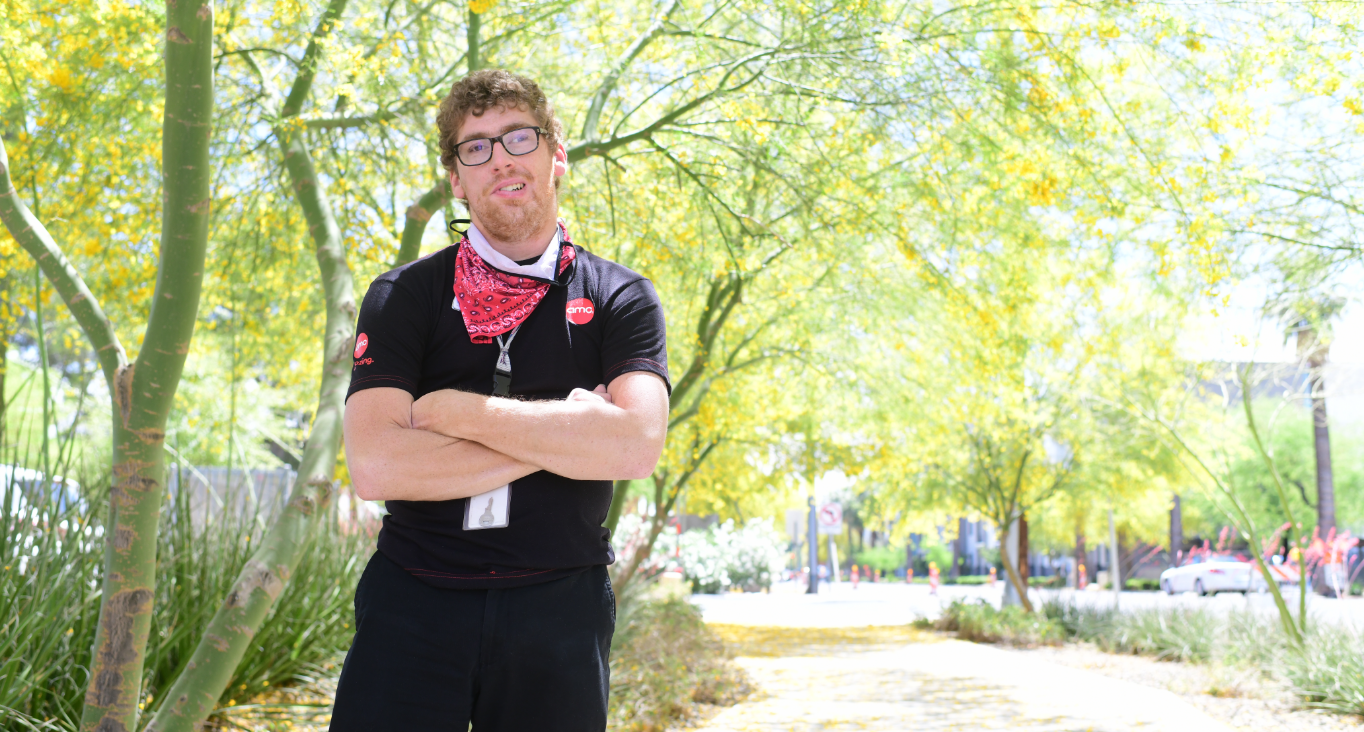
Brown, 28, has cerebral palsy and autism, and he is from Minneapolis, Minnesota. He works at the AMC Theatre at the Arizona Center two miles away from First Place.
Brown uses the Valley Metro Dial-a-Ride service to commute to and from work, but Dial-a-Ride is not perfect.
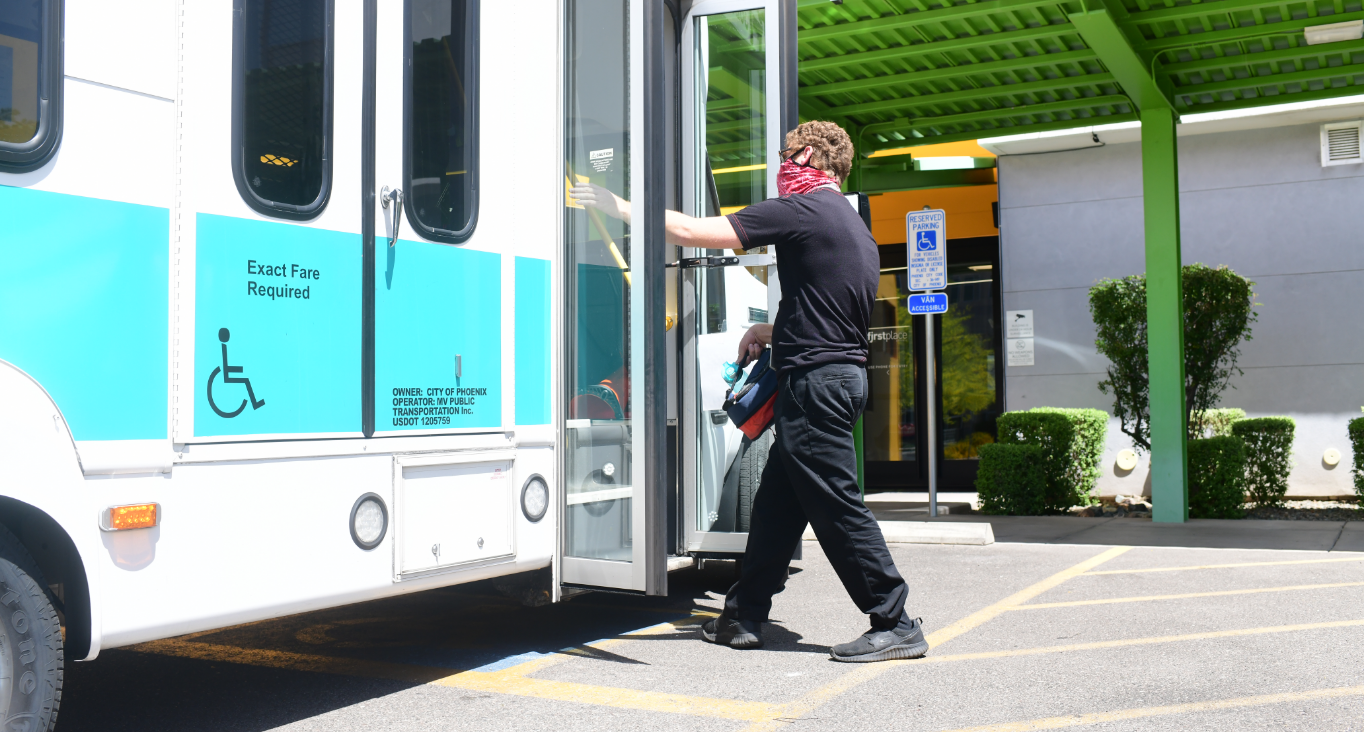
“One of the challenges is, when you’re a person with autism, who has difficulty with communication and social interaction, that [Dial-a-Ride] system is not very friendly to you,” said Maureen Casey, First Place Global Leadership Institute director.
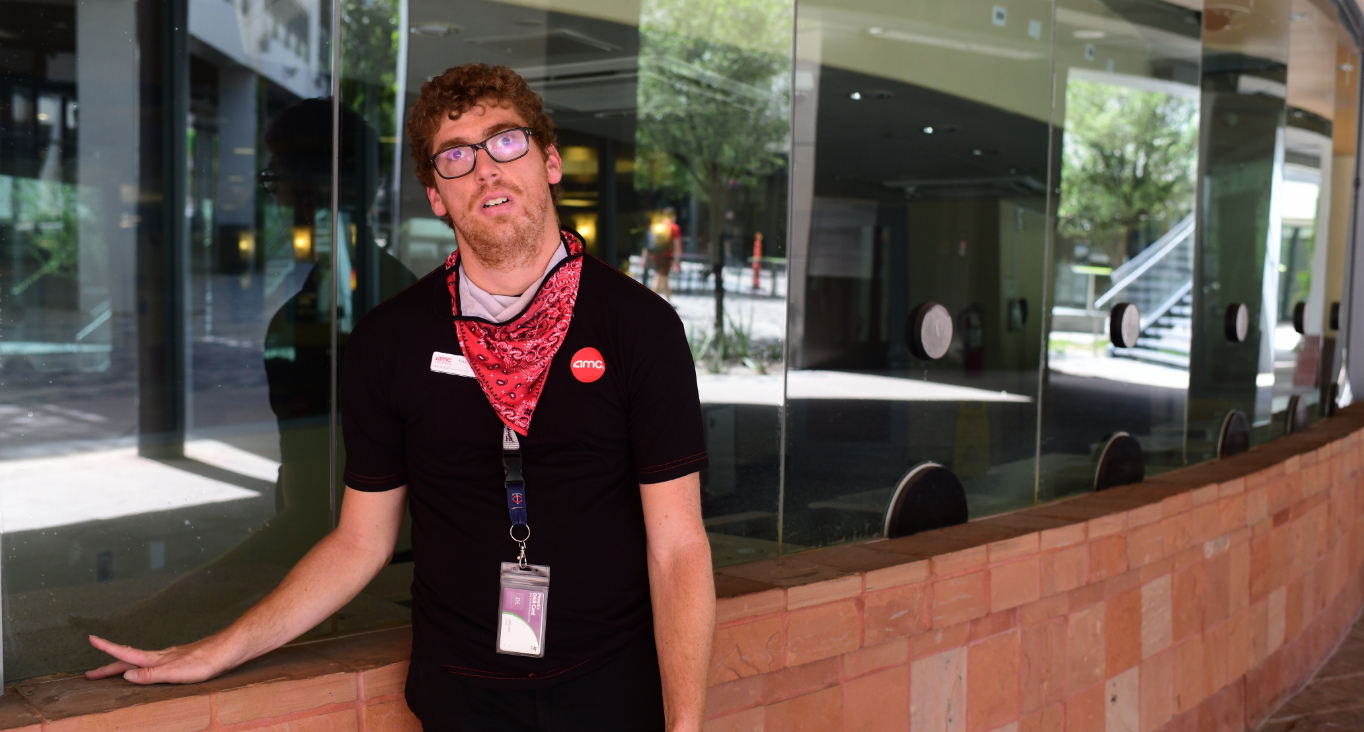
Brown is moving back to Minnesota at the end of April to be closer to his family and doctors.
“Home is a place where you’re loved and where you belong,” he said. “Minnesota is where I lived my whole life, and I was able to be with my family and interact with them and see them.”Brown said transportation where he used to live in Minneapolis is better than transportation in Phoenix.
“They have metro transit where I’m living (in Phoenix), but they only go to certain parts,” Brown said. “Yeah, I can use them, but I would have to walk, say, two blocks to get to my house.”

Lindsey Eaton, another First Place resident, has autism and is from Phoenix. She attends classes at Grand Canyon University while working as a food server at BridgeWater Assisted Living. She is also a writer and has 28 articles published on her LinkedIn about leadership, community organizing and inclusion.
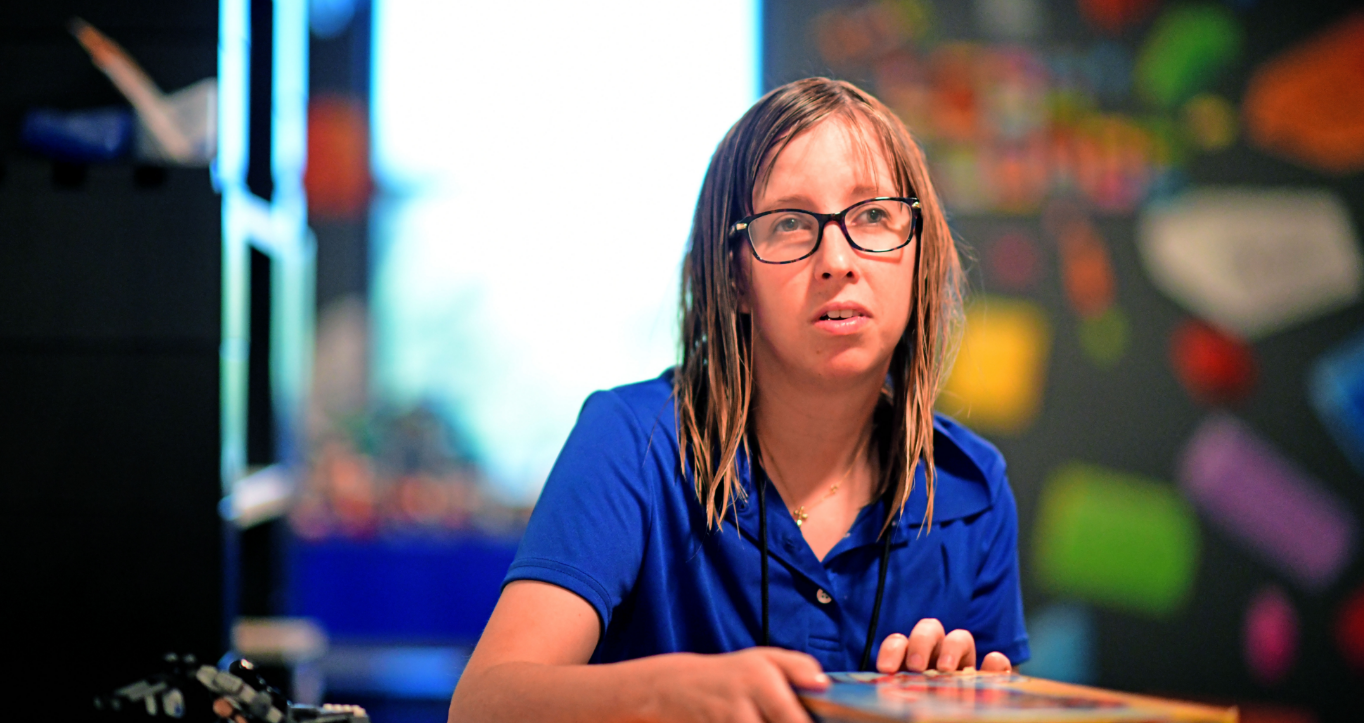
Eaton uses Uber to get to work, which is located just over a mile away from her apartment at First Place. The trip is too far to walk and is far enough that using Uber or Lyft to get there is expensive. She said getting to and from work costs $20 to $30, which eats up her paycheck quickly.
“Transportation is a huge, huge, huge thing for me,” Eaton said. “Often, actually, it stops me from going out when I see the cost. I don’t want to pay that much everywhere I go, every time I want to go somewhere.”

Casey, the director of First Place Global Leadership Institute, said many people with autism make 80% of average median income because they use Social Security. She said if they are working, it’s often for less than 20 hours a week, which makes affording rideshare services difficult.
“We recognize that we need to push some of those levers with funding and policy to make sure that these kinds of support are available to everybody that needs it,” Casey said. “We live in a very car-centric city. It’s the reason why we’re located here because we’re just a block from the light rail.”

The transition academy at First Place includes coursework on using transportation, Casey said. “Many people who are neurodiverse do not have driver’s licenses, and there are a few. But then your options are public transport, which is why we’ve located just a block from the light rail. There is public transit, like Dial-a-Ride, where you have to call.”
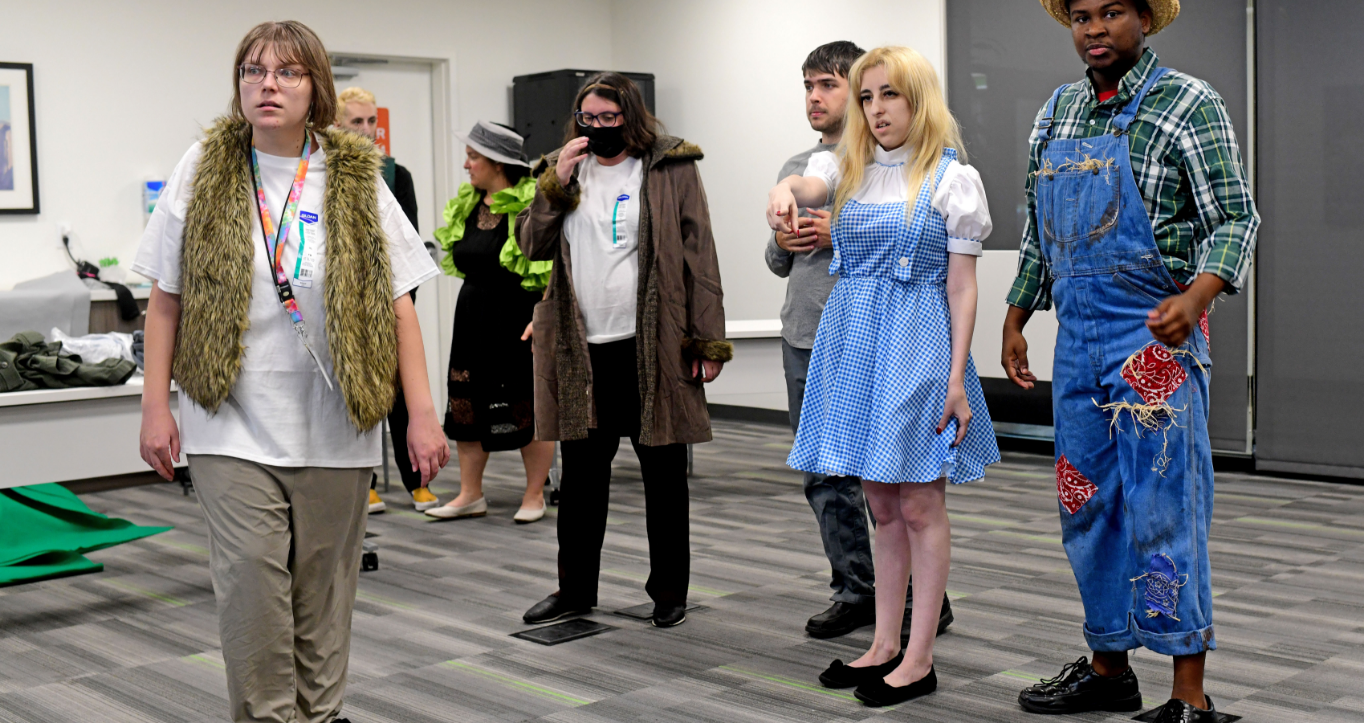
Resnik, the founder of First Place, said historically, the bar has been set low for services for people with disabilities on many levels.
“It’s important for us as a nonprofit with a very bold mission to raise that bar and demonstrate and illustrate what’s needed to support people to succeed with that higher bar,” Resnik said.
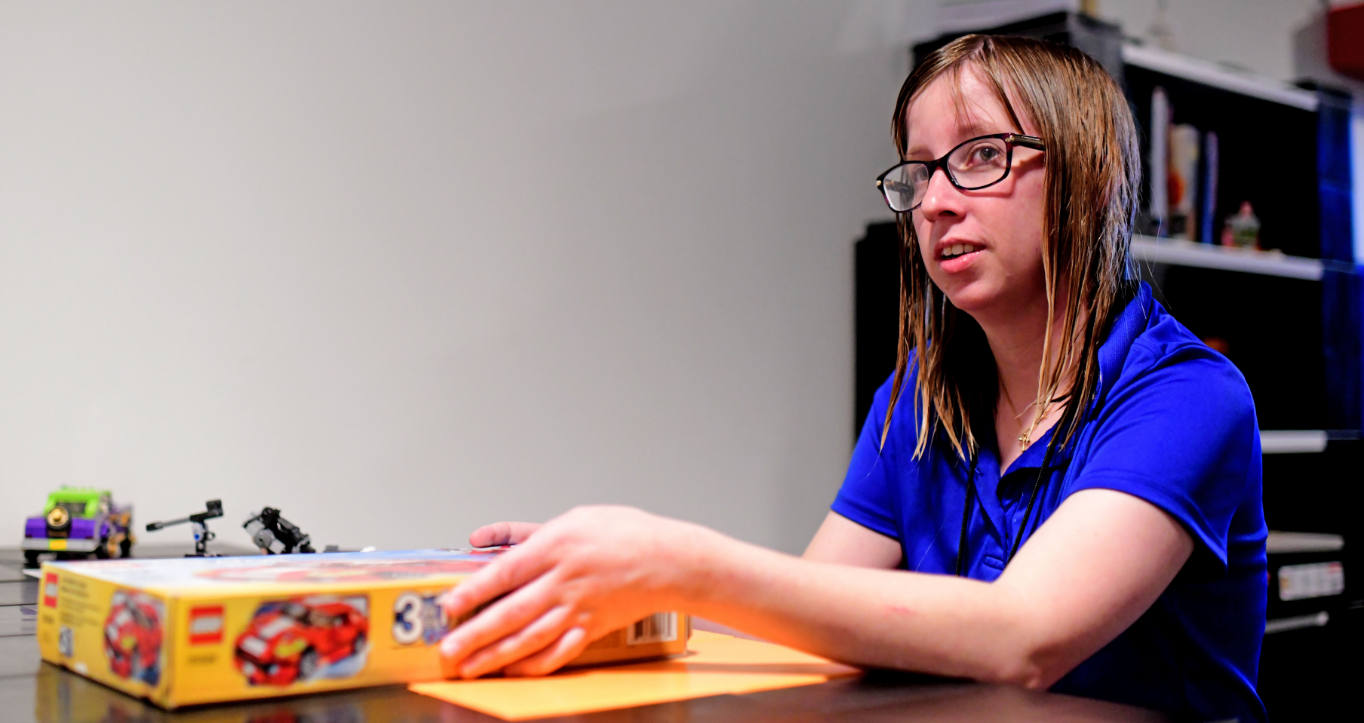
Brown and Eaton said they face misconceptions and judgments about people with disabilities in society at large. Eaton said living on her own at First Place has helped her move beyond those stereotypes.
“There are challenges regarding, overall having autism and living on your own, cause a lot of people think, ‘Oh, do you still live with your parents?’” Eaton said. “For me, it’s overcoming that barrier of proudly telling people, ‘No, I don’t live with my parents,’ I have not for a while. And it’s so cool living on your own.”
